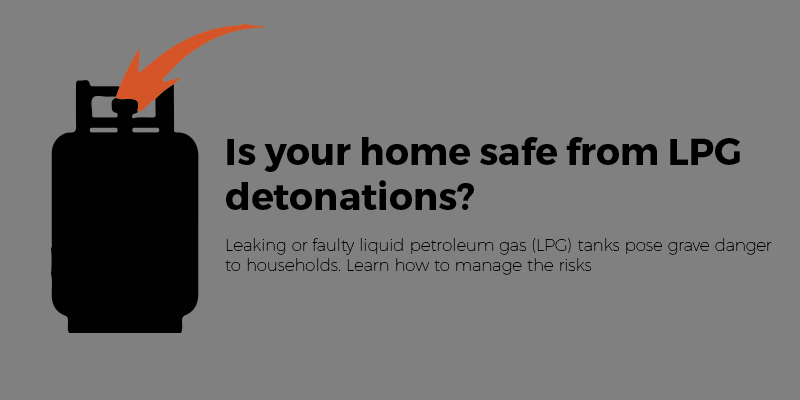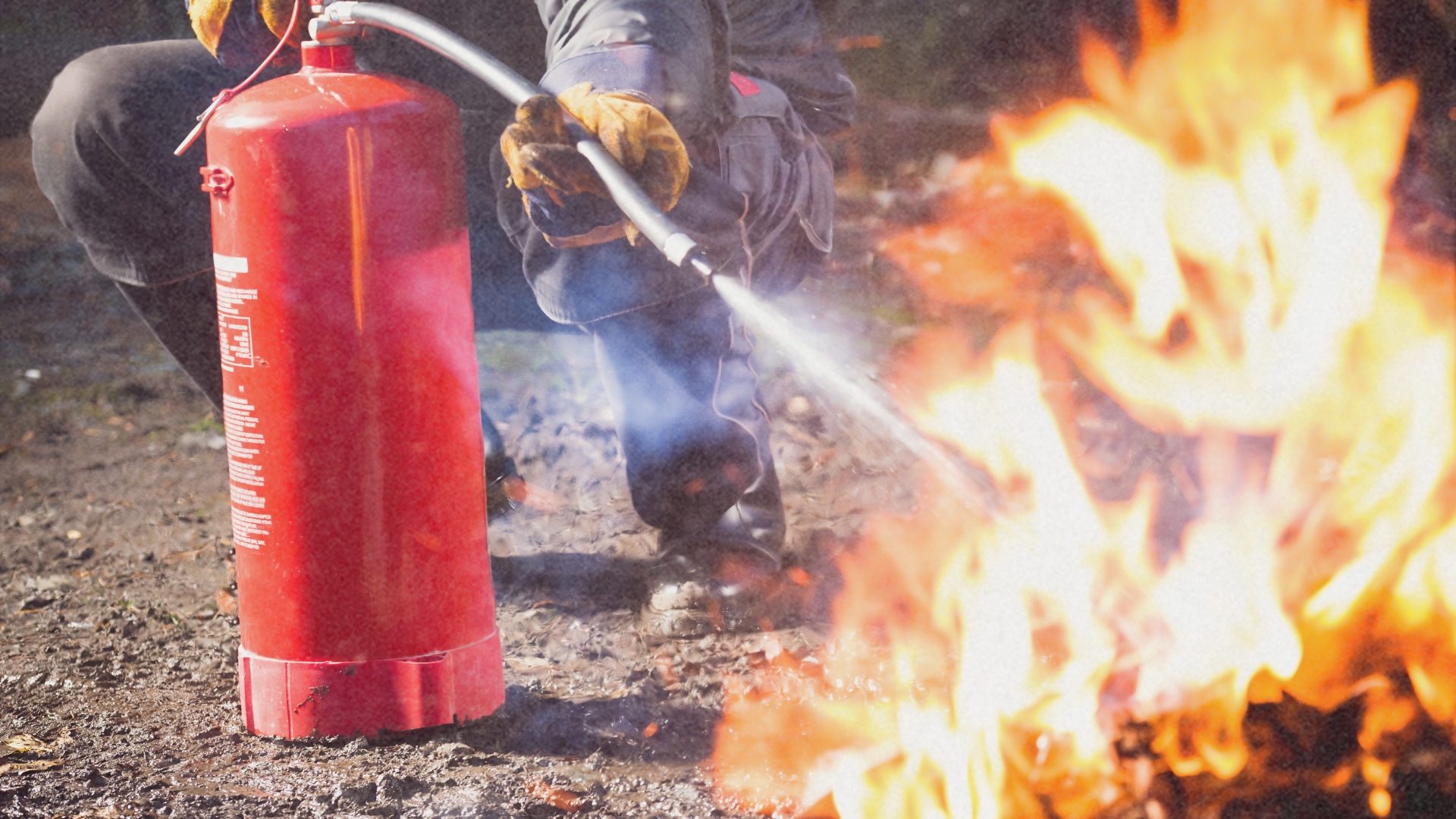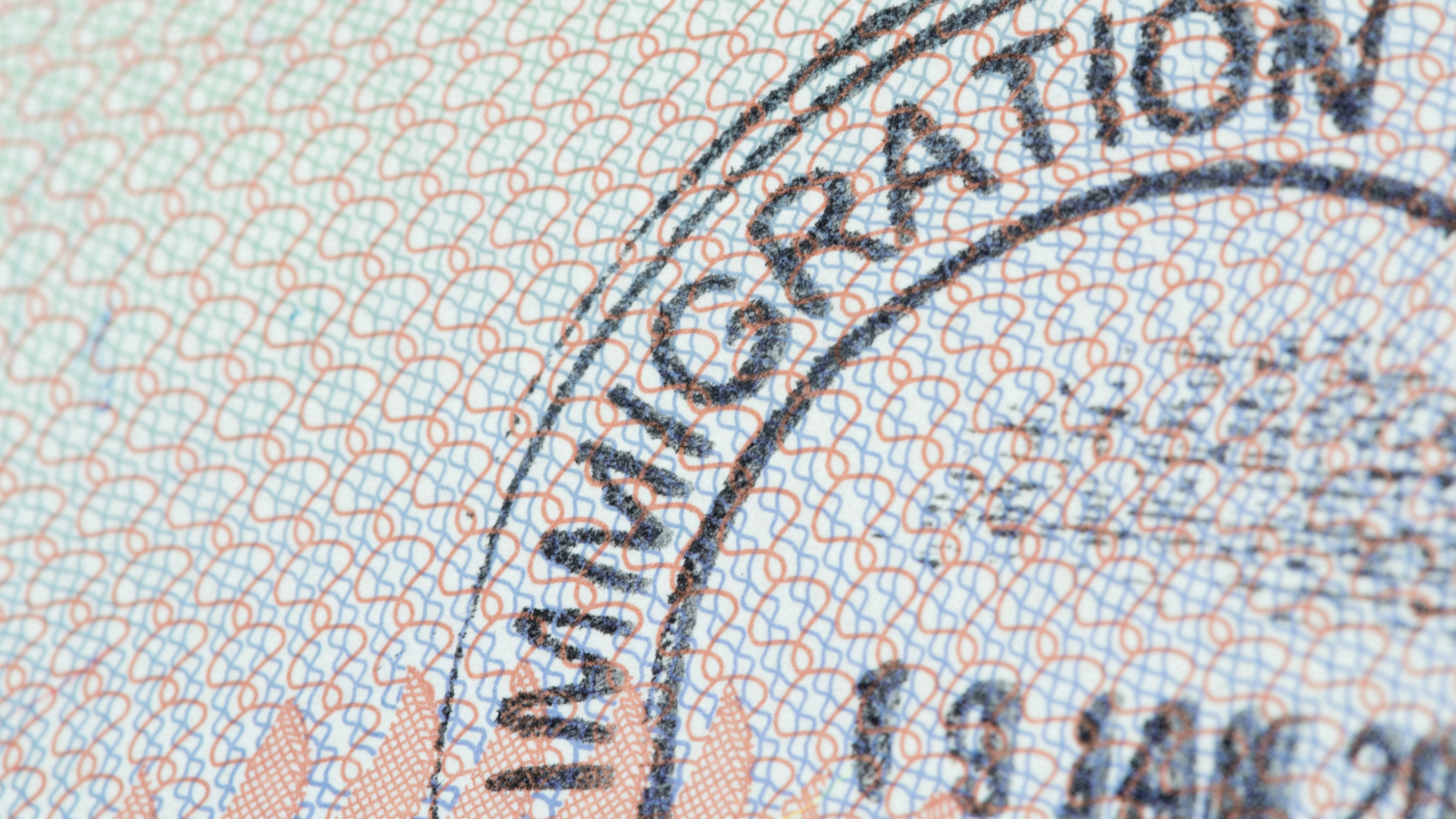It’s been almost four years since the Two Serendra blast that took four lives; in that same year, an explosion in a restaurant in Greenhills, San Juan City injured seven. The most recent high-profile incident along these lines was back in 2015: Detonations resulted in 19 people severely burned in Kalayaan and Calamba City, Laguna.
The cause of these disasters? Leaking or faulty liquid petroleum gas (LPG) tanks.
To curb incidents like the above, Congress in 2015 passed House Bill 5617 or an Act Establishing the Regulatory Framework for the Safe Operations of the LPG Industry. It mandates strict standards to ensure safety in importation, refining, storage, refilling, distribution, transportation, and consumption of LPG tanks both for industry players and consumers for mutual protection. The key thrust of the bill is the regulation of manufacturing, requalification, exchange, swapping, and improvement of LPG tanks.
There are measures that homeowners, too, can enact to avoid disastrous accidents. Here is a SecurityMatters Magazine rundown of steps you can take to ensure LPG safety in your home, and in your communities:
- Purchase your LPG tanks from authorized dealers. These authorized dealers are regulated and follow strict safety and refilling standards set by the industry and the Department of Energy. Always ask for a receipt.
- Inspect the LPG cylinder. Make sure it’s in good condition; if there are cracks and weld marks on the LPG tank, find another tank. Look out for excessive rust and dents on the bottom of the tank.
- Tank installations and repair must be done by a qualified serviceman.
- When cooking; observe your cooking flame, the color should be blue and not yellow.
- Clean your stove and check on your LPG hose for damage or leaks. Place the LPG tank in a well-ventilated area, and always in an upright position. Adequate ventilation when using LPG appliances to allows fresh air for the circulation and removal of burnt gases.
- If an LPG appliance doesn’t ignite immediately: Turn off the gas supply and ventilate for at least three minutes to allow any gas to disperse before attempting to reignite.
Staying safe at home also depends on you and your family members. Keep these in mind and avoid untoward incidents.






